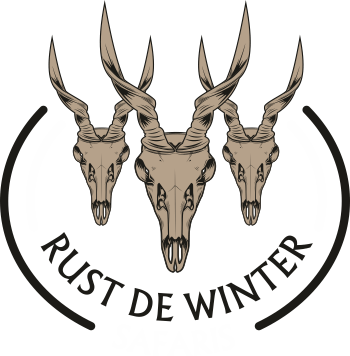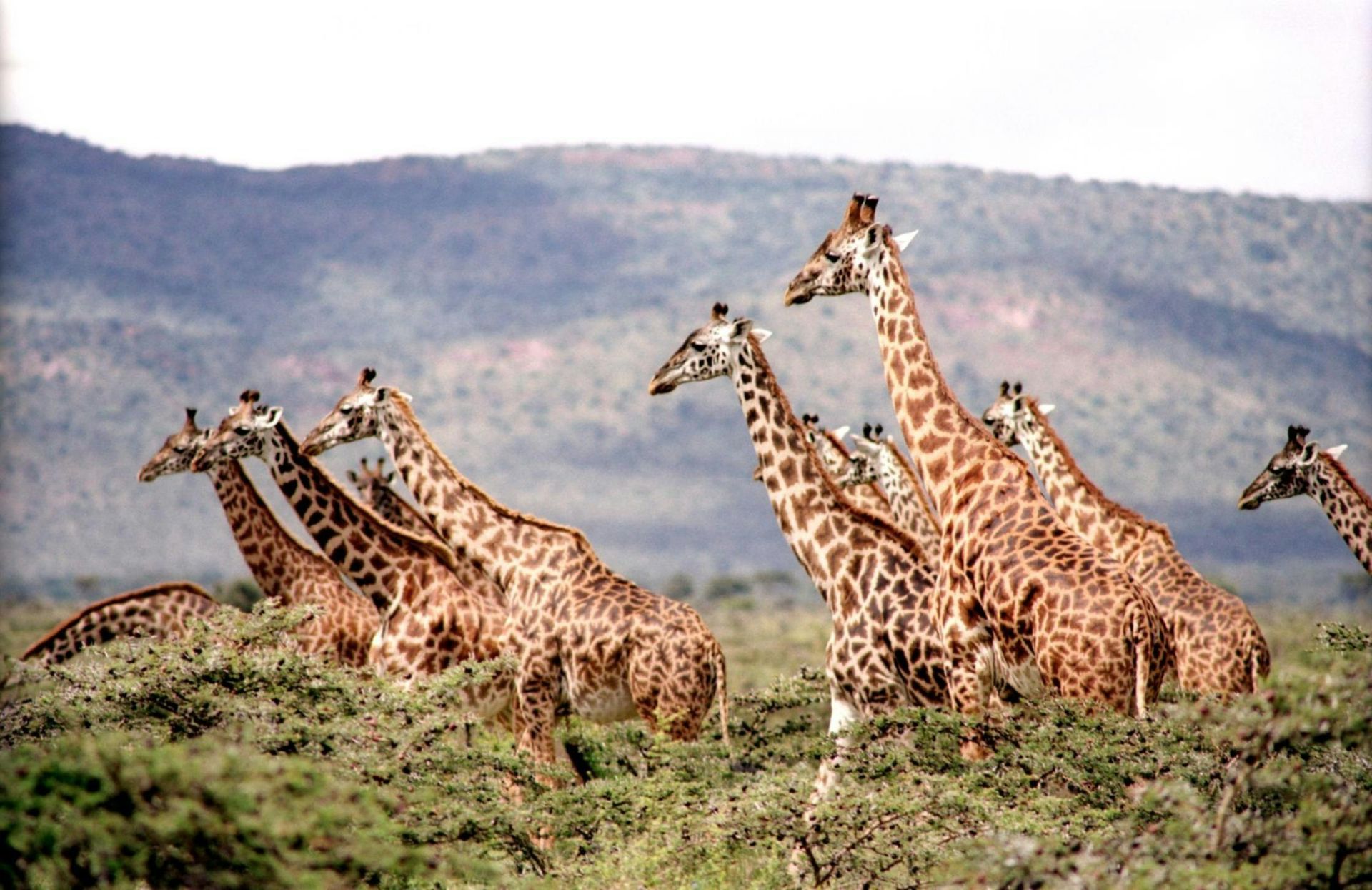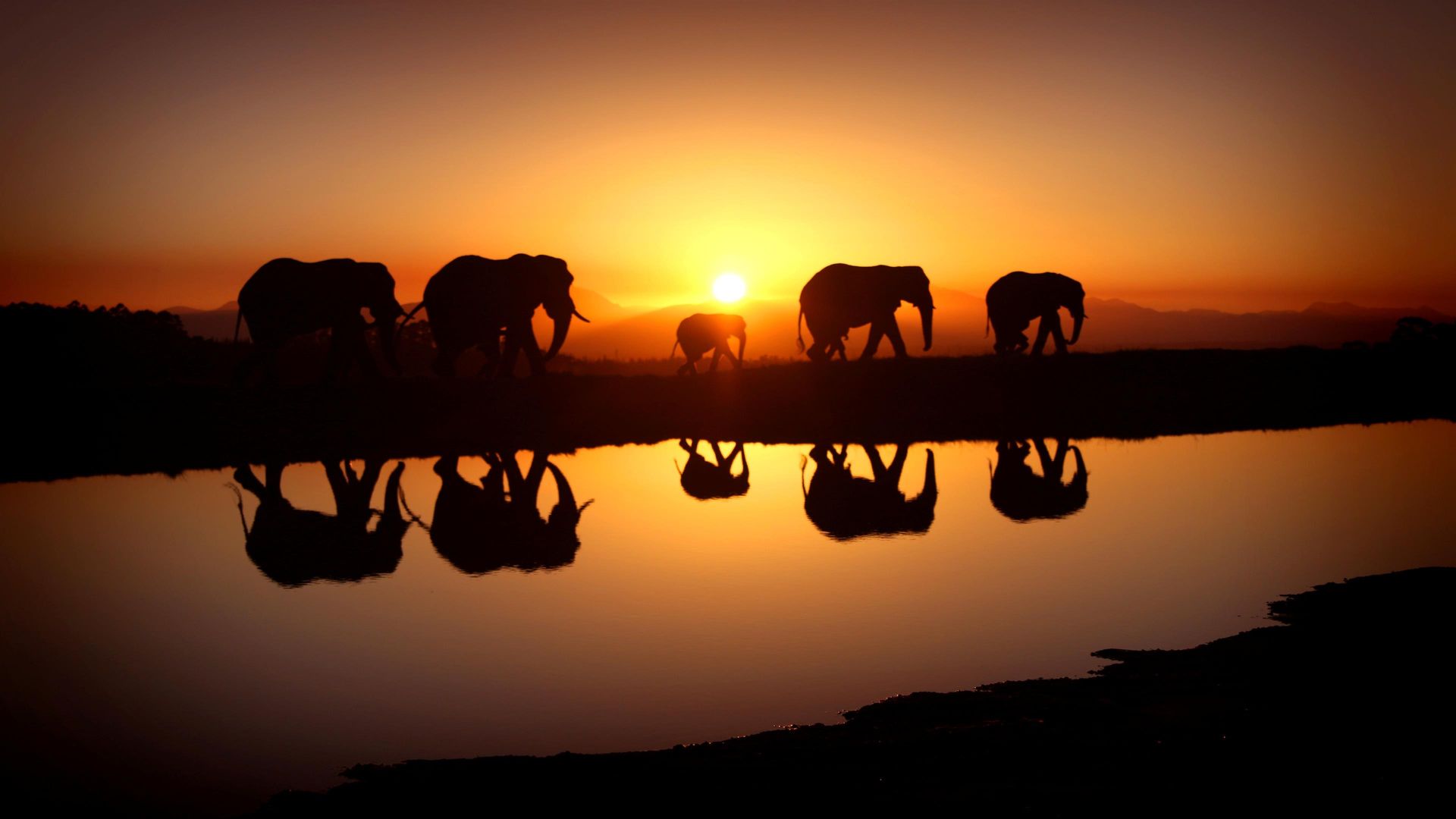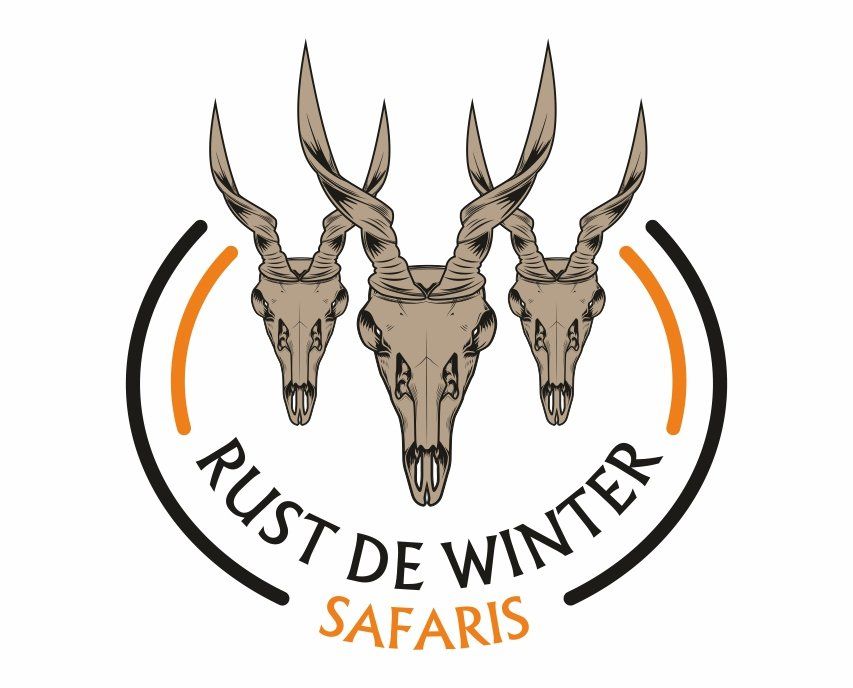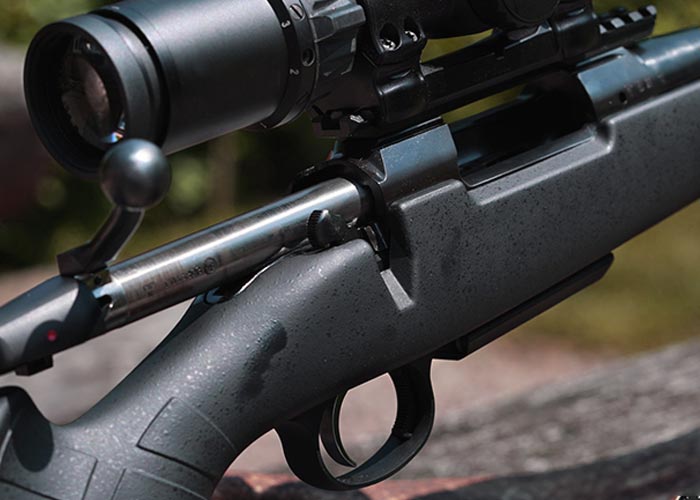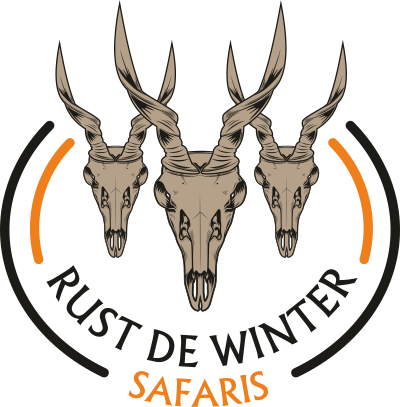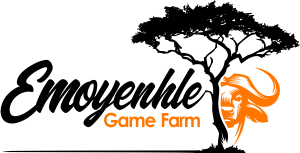Africa the First Time (Cont.)
STEP #1:
MOST IMPORTANT - SELECTING THE RIGHT OUTFITTER
Written by: Peter Ruddle – A Licensed Professional Hunter since 1982
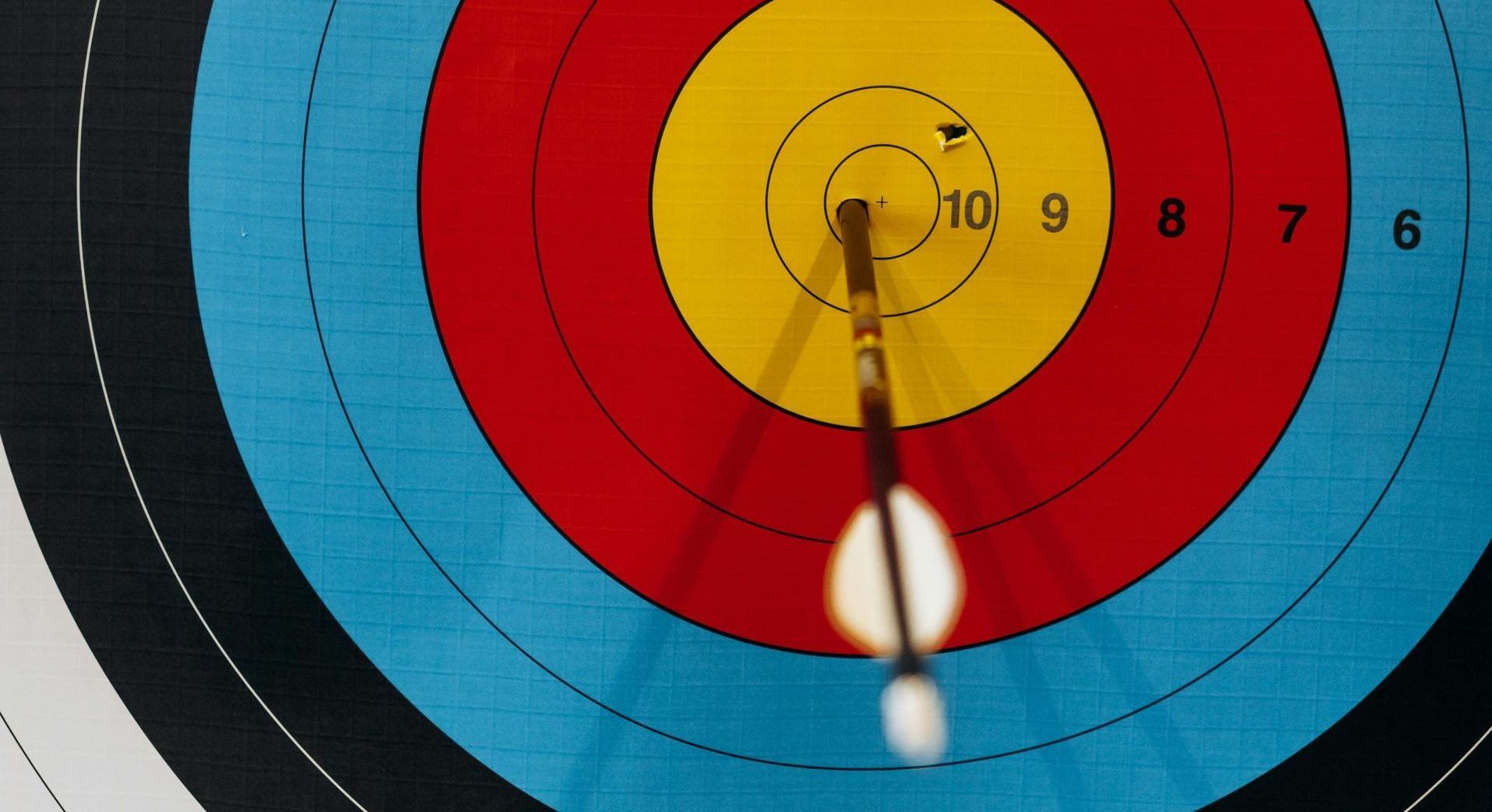
The outfitter you choose can make all the difference between a successful, enjoyable hunt and a disappointing one. After narrowing down a list of potential outfitters, it's time to evaluate who matches your vision and expectations for your safari experience.
In many free-range hunting areas, particularly those north of South Africa, outfitters follow a standard set of regulations dictated by government bodies. In many cases, a government game scout will accompany hunters to ensure the laws are being followed.
However, the situation changes when dealing with privately owned hunting reserves and game ranches as they are called in South Africa. Whether the area is enclosed by a high fence or not, the property owner sets the rules within the framework of the law.
Your decision ultimately comes down to what you value in your hunt. Do you prefer a challenging, fair-chase hunt, or are you comfortable with more relaxed rules and settings? Are you a purist hunter, someone who is mainly focused on taking the shot, or a collector aiming to gather trophies under different conditions? This distinction will help guide your choice of territory, as some hunters avoid high-fence areas, while others may be fine hunting from a vehicle or using artificial light, practices that are legal in certain parts of Africa. The key is deciding what aligns with your ethical standards.
In order to stay steer clear of potential issues, it's important to ask the right questions.
Initial Contact
The first step is reaching out to the outfitters on your shortlist. Response times can vary, especially in parts of Africa where communication infrastructure is lacking. Be patient if it's hunting season. It is always a good sign to receive a prompt reply from your outfitter, and a timely response is often an early indicator of professionalism.
Providing Information
When you contact your outfitter, provide more than just a basic inquiry. While it's tempting to ask for a quick price list, a more detailed inquiry will yield a more tailored response. Let the outfitter know the size of your party, the length of your trip, and the species you’re targeting. This opens the door for the outfitter to customise a hunt for you and even highlight any special packages they may offer.
How an outfitter responds to your questions can give you a sense of whether this is the right match for you.
References or Reviews
When buying property, people often emphasize "location, location, location." Similarly, when purchasing a hunting trip, I always stress "reference, reference, reference." It's one of the most important steps to follow. Make sure the references are recent, as a lot can change in just a year.
With the growing trend of purchasing hunts from online hunting platforms, it's essential to carefully read the reviews, just as you would when buying any other product online. Doing your homework can save you from a disappointing and expensive experience. These reviews offer valuable insights from real hunting clients and their feedback, helping you make a well-informed decision.
Legal Considerations
Some countries in Africa require a formal hunting contract between the client and the outfitter, so don't hesitate to ask questions before you sign anything. Formal contracts between both parties are highly recommended. You must ensure that both the outfitter and the professional hunter guiding you are properly licensed. An outfitter organises and sells hunts, while a professional hunter is the individual who will accompany you in the field. In some cases, the outfitter might also be the professional hunter, but make sure all paperwork is in order and licenses are valid.
Ensure the outfitter has the legal right to sell hunts for the species you're interested in. If they don’t have written proof that they can legally offer certain animals, you might find yourself in trouble, with your trophies potentially being confiscated.
Ensure what you are hunting may be legally imported into your country of residence. For example, elephants may be hunted in certain African countries but the USA may have banned the importation of the tusks from that specific country.
What’s Included and Excluded?
When booking a hunt, be clear on what’s included in the daily rates and any packages. Many hunts include the basics, but there may be hidden costs, so it's crucial to confirm these details in writing. Will you be sharing the camp or hunting area with other groups? Are there any additional fees for certain species or services? Does the hunt price include or exclude Value Added Tax as this could be a big surprise when added to the bill. The clearer you are upfront, the fewer surprises you’ll encounter at the end of your safari. As they say in the classics, read the fine print.
Transfers
Check if airport transfers are included in your package. If not, who is responsible for them, and is the transfer company reputable and insured? This is especially important in case of any accidents since insurance companies won’t cover incidents involving unlicensed transport operators.
Payment Terms and Taxidermy
Make sure you understand the payment schedule for your hunt. Many outfitters require final payment at the end of the trip, but this may vary. Before handing over any money, confirm that all necessary paperwork, especially for taxidermy, is completed correctly. If you plan to have your taxidermy work done in Africa or have trophies shipped back home, make sure to clarify all shipping costs and procedures beforehand.
Your Professional Hunter
Choosing your professional hunter (PH) is as important as selecting the outfitter. You’ll be spending days in close quarters, so it’s crucial to get along with your PH. Many hunters find they leave Africa with a new friend, and the bond you develop can enhance the overall experience.
There is a famous job description written by the late Peter Hathaway Capstick a Professional Hunter who worked in the remote wilds of Africa who so aptly describes the qualities of this highly desired career:
“Wanted: Young active man interested in low and infrequent pay to play “Bwana” in remote bushveldt. Must be a proven raconteur and socialite without liver trouble, expert card player, bartender, caterer, barbecue specialist, philosopher and African historian. Experience in sanitary engineering, local architecture, labour relations, navigation, medicine, and pharmacology, botany, zoology, ichthyology, mineralogy, entomology, butcher, taxidermist, dietetics, optics, photography and radio navigation essential. Applicant should speak at least two black African languages fluently as well as one other modern European tongue. A knowledge of mechanics, driving, gunsmithing, toxicology, ballistics, tracking, marksmanship, handloading, and experience as a bodyguard are required. Benefits are twenty four hour a day, unlimited fresh air, including rain, sun and dust, no medical, dental or life insurance and no retirement benefits. Applicant should supply his own rifles. Vehicles on a per diem basis. The duties of a Professional Hunter on safari are essentially the same as those of a ship’s captain and with the same responsibilities. He’s everything from the social director to the ships surgeon, if needed. He’s the author of the strategy of the hunting plan, but also the tactician as to make each stalk. He keeps the peace amongst the staff, oversees the food and drink, translates and interprets, sees that the trophies are properly handled and is a shooting coach, gunsmith, stand-up comedian and diplomat at all time he is called on to be so. A Professional Hunter is perhaps best summed up in the observation that he is the social equal to anybody while on safari, up to and including a duke.”
Final Thoughts
With your destination chosen, provisional trip planned, and basic research done, you’re now in a great position to select an Outfitter who can provide the hunting experience you’re looking for. The next step is to ensure you're partnering with the right one for a safe, memorable, and rewarding safari adventure.
